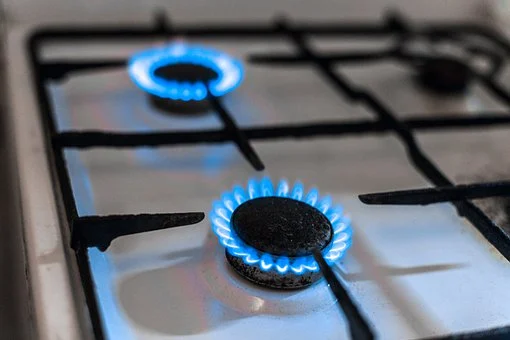In News
The LPG prices are increasing continuously for a year now which had burdened the households. The price of LPG refills has risen by more than 50% to over ₹900 per cylinder in November this year compared to around ₹600 over the past year.
Measures taken by the Government
- The Government distributed more than 80 million subsidised LPG connections.
- As per the India Residential Energy Survey (IRES) 2020, conducted by the Council on Energy, Environment and Water (CEEW) and the Initiative for Sustainable Energy Policy, LPG has now replaced biomass as the most common cooking fuel in India.
- Nearly 85% of Indian homes have an LPG connection and 71% use it as their primary cooking fuel, compared to only 30% a decade back.
Solutions
- Nearly half of all Indian households will have to at least double their cooking energy expense to completely switch to LPG at current prices. Given the loss of incomes and livelihoods during the novel coronavirus pandemic, the ability of households to afford LPG on a regular basis has taken a further hit.
- Thus, resuming subsidies would be critical to support LPG use in many households.
- For instance, lowering the income-based exclusion limit for LPG subsidy to ₹2,50,000 a year from ₹10 lakh a year or excluding families owning a non-commercial four-wheeler vehicle can significantly reduce the number of eligible beneficiaries.
- Only half the rural LPG users receive home delivery of LPG refills, while the rest have to travel about five kilometres one way to procure a cylinder.
- Gaps in the doorstep delivery of LPG cylinders are also present in urban pockets, particularly in slum areas.
- Need to strengthen the LPG supply chain and enforce timely service delivery, particularly in States with a large number of Ujjwala connections and slum population.
- Higher incentives for rural distributors, who have to otherwise service a low but distributed demand at similar commissions.
- Create a new market for locally available biomass
- Households can be incentivised to supply locally available biomass (including crop stubble or dung cakes) to Compressed Bio-Gas (CBG) production plants being set up under the Sustainable Alternative Towards Affordable Transportation (SATAT) scheme.
Way Forward
Such measures would help enhance local income and livelihood opportunities, in turn encouraging rural families to use LPG on a regular basis.





